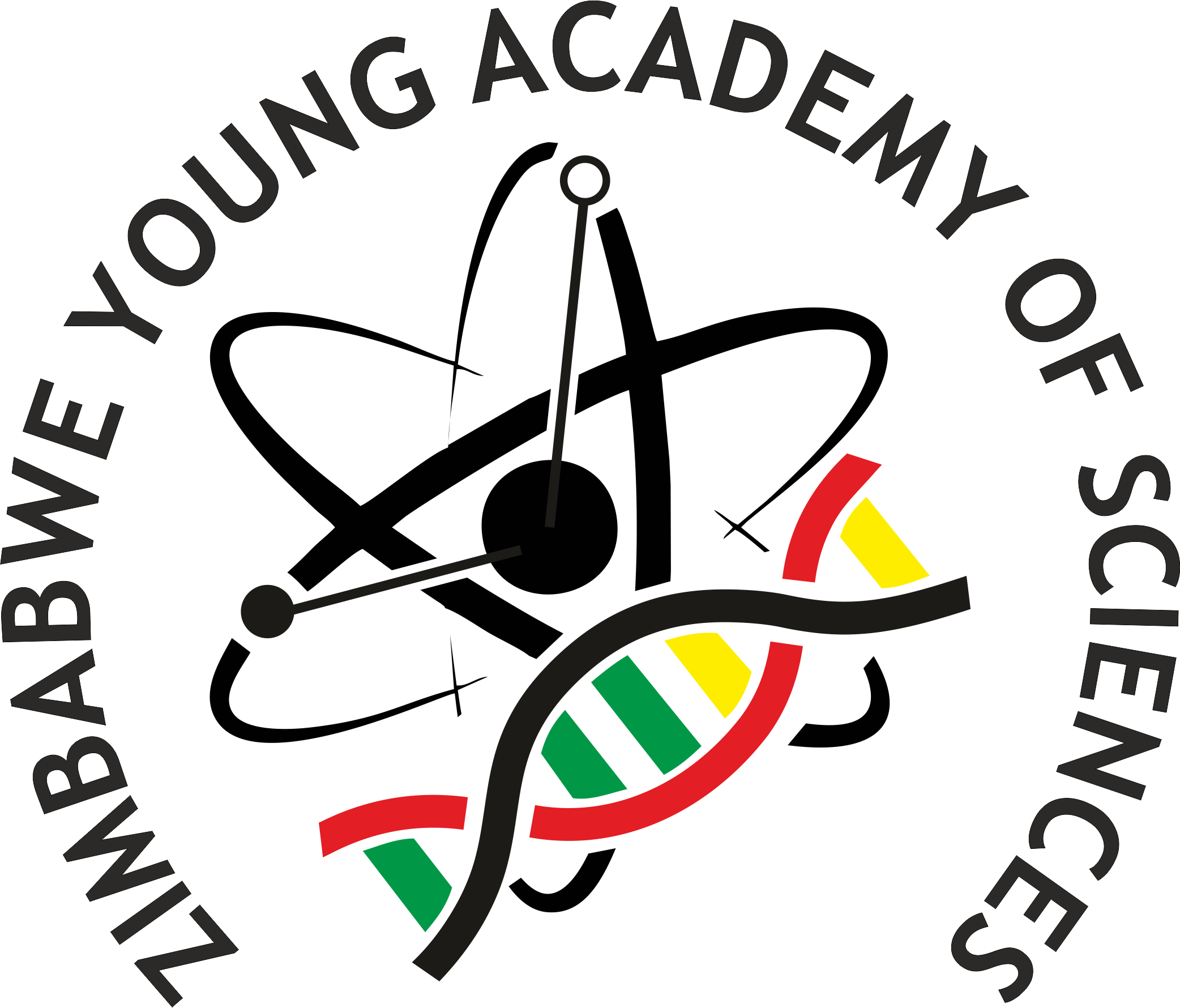
Dr Tongayi Mwedzi
4 min read...
Zimbabwe, a nation graced with a mosaic of waterways, might at first glance seem blessed with abundant water resources. This seeming abundance though, masks a more-grave ongoing problem; “water pollution”. Zimbabwe continues to struggle with water quality problems that have a significant impact on both the environment and public health. Why the country has not been able to properly exploit its water resources to provide clean and safe water for its population remains a mystery. In this blog, Dr. Tongayi Mwedzi explores the intricate web of Zimbabwe’s water challenges to uncover the complex problems that are at the core of the country’s ongoing struggle with water pollution and waterborne diseases, and highlights solutions to address this water crisis.
“I am persuaded that Zimbabwean scholars have and continue to investigate the problem of water contamination in the country, said Dr Mwedzi. With academics often acknowledging existing “study gaps”, the wealth of available material that is now accessible gives us an in-depth understanding of the scope and gravity of this issue, and ought to spur significant action. However, the gravity of this matter extends far beyond statistics and numbers. The degradation of water resources has inflicted profound social and economic suffering upon the local population who rely on these resources for their livelihoods.”
For instance, the tragic memory of the Zimbabwean cholera outbreak of 2008 – 2009, claiming over 4,000 lives, and subsequent typhoid outbreaks in Harare, stand as haunting reminders of the urgent need to protect our water supplies from contamination. In a chilling continuation of this grim narrative, the country witnessed another cholera outbreak in 2023, with a total of 2,594 new cholera cases and 65 deaths reported within a space of four months. “These disastrous events underscore the profound impact of water pollution on the health, well-being, and economic stability of Zimbabwe’s communities. While the crisis persists, a comprehensive response is within our grasp. It’s time for Zimbabwe to “RISE” as a nation, restore its water bodies, revitalize its ecosystems, and protect its natural heritage”.
The Call to Action (RISE):
- Restorative actions: Let’s start with the basics. Remove slit from rivers and dams, create wetlands to control runoff water quality, and recycle wastewater.
- Investment in Infrastructure and Innovation: Upgrade and maintain sewage treatment facilities, repair aged infrastructure, and invest in effective waste management, new technologies, and scientific approaches that combat pollution.
- Sustainable practices that involve Communities: Promote sustainable agricultural techniques that limit fertilizer consumption and runoff into waterways, by engaging local communities and stakeholders, to cut-off pollution right at its source.
- Effective Governance of water resources: At the end of the day, The Heart of the Problem to Zimbabwe’s water crisis is a governance issue, necessitating a thorough re-evaluation of water resource management, regulation, and protection. A well-structured legislative framework that supports the action points above is required to address underlying causes of contamination, promote responsible water usage, and give clear enforcement procedures that deter water pollution, such as severe penalties for environmental infractions.
Zimbabwe is faced with a crucial choice; protect its water resources for future generations or watch them deteriorate. The implications of inactivity are far-reaching, affecting ecosystems, economies, and public health. The potential of a cleaner, healthier, and more sustainable future is worth pursuing. “Zimbabwe must “RISE” to this call to action for the sake of its nation and future generations.”
Biography: Tongayi Mwedzi is a Senior Lecturer at Chinhoyi University of Technology and a dedicated environmental scientist deeply committed to understanding and addressing environmental challenges. He holds a PhD in Ecohydrology. His research which primarily focuses on water resources, climate change, and ecology, has earned him outstanding recognition in his field.
Editor: Ben Chimukangara is a widely published medical research scientist, academic editor, peer reviewer and blogger. He is passionate about simplifying science communication for effective engagement with non-scientific communities.
